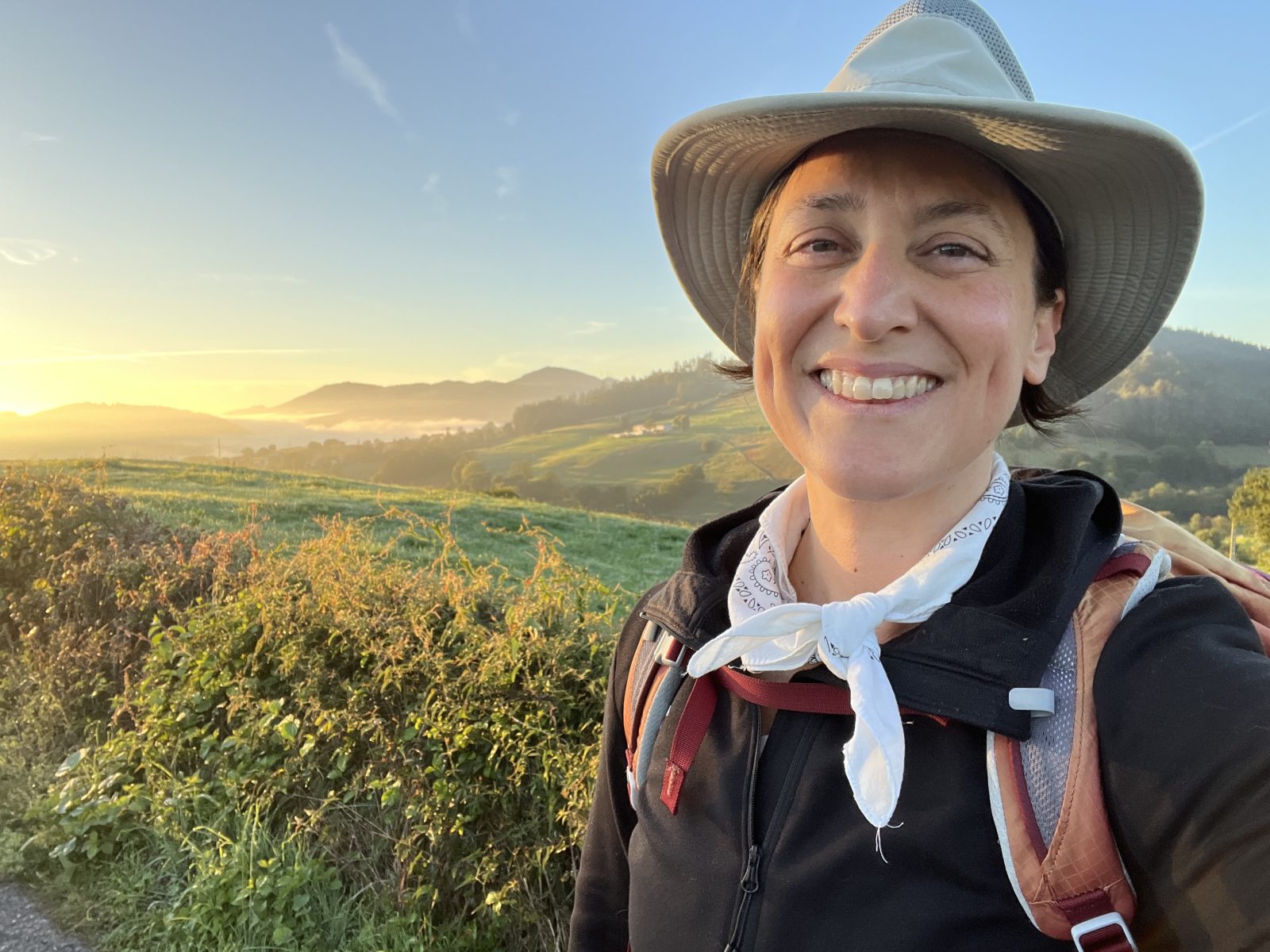By William Crooks
Local Journalism Initiative
Pilgrimages can be a source for deeply human interactions, says Dr. Jennifer Cianca, Bishop’s University Classics Professor. Cianca recently completed two routes in Spain and France, the latest in a series of pilgrimages spanning 10 years.
“I’ve done a bunch of them,” Cianca said, referring to her penchant for European pilgrimages. The most recent was a return to two separate routes that she has done before, one in 2013 and one in 2019. “I just wanted to revisit them.”
The first route was through the Pyrenees mountains, from France into Spain. The second was through the Cantabrian mountains in Spain’s mid-western region. The routes are not connected; she took a bus in between.
On her pilgrimages, Cianca walks an average of 30 kilometers per day. The distance varies depending on the elevation and difficulty of the day’s path. Along the way she stayed at “albergues”, inns primarily designated for those travelling these venerable routes by foot, bicycle or even horseback.
Upon starting one of these routes, one receives a “little passport”, she explained. Every night one receives stamps proving one has been walking the route, which allows one to sleep over at the next location.
The inns are either run publicly by the church or the local municipality, or privately. All are relatively inexpensive (10-20 euros a night), the public ones even more so. Some church-run inns are by donation only.
Every sixth or seventh day she stays in a private room, “because I’m old,” she said with a chuckle. Normally, the inns are communal with rows of bunks. People snore and it can be hot, she noted.






